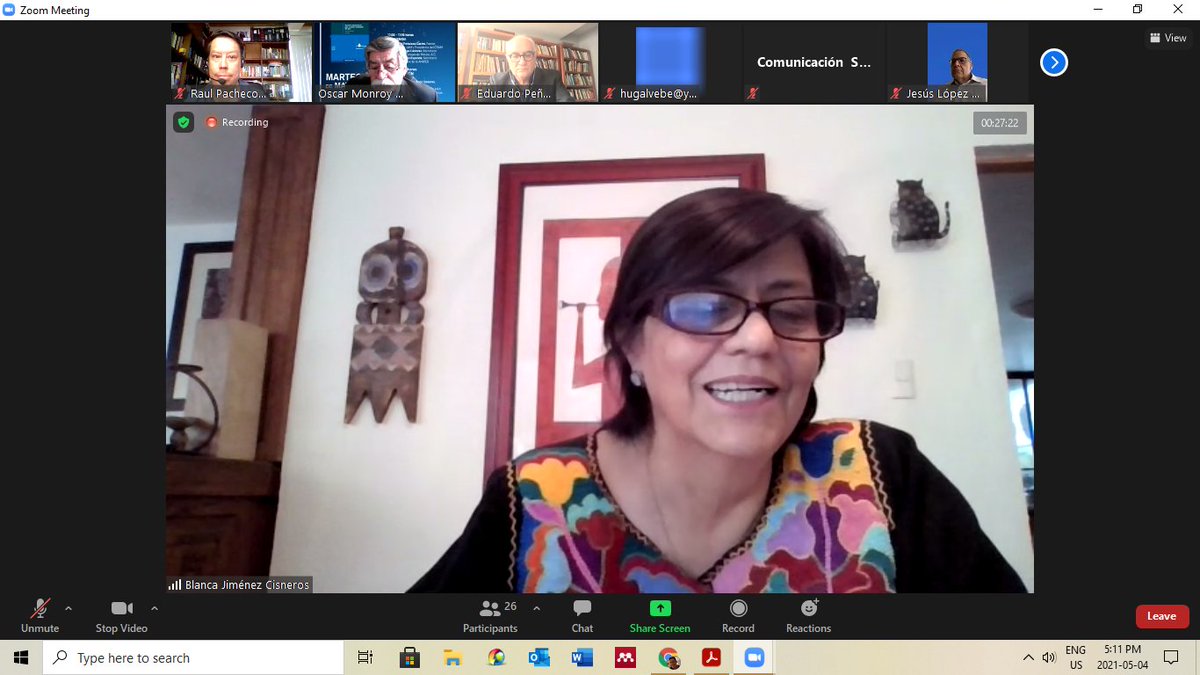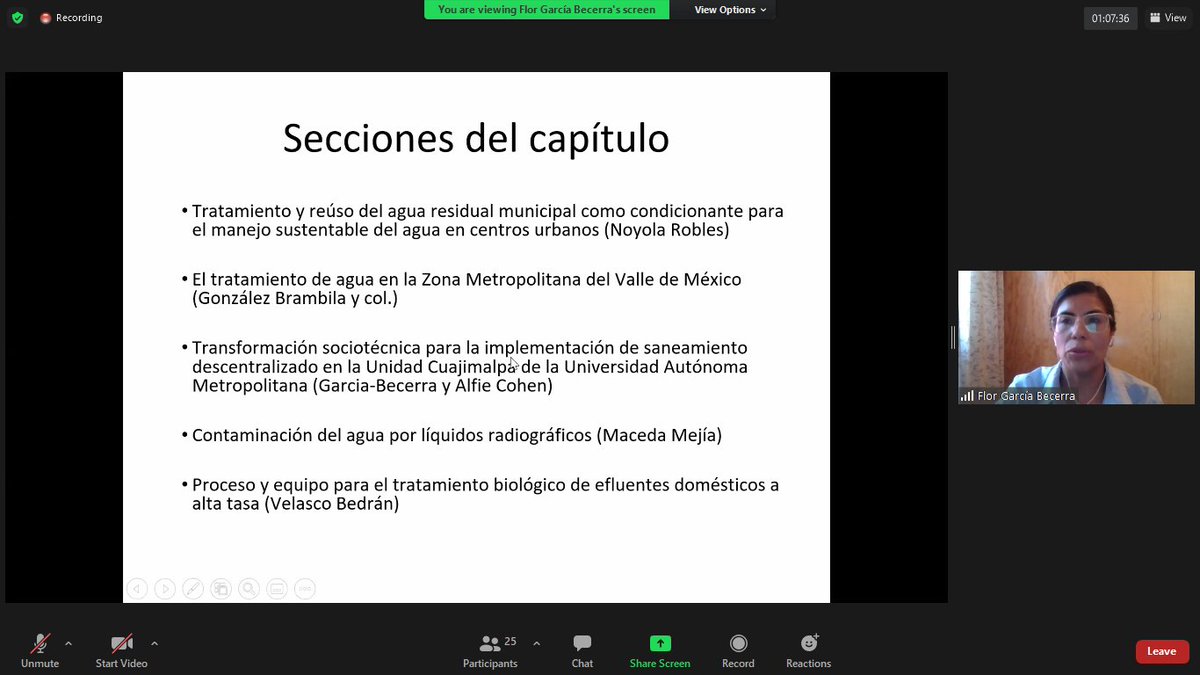
REAL TALK: Whether the methods I use fit your own lifestyle is totally dependent on your individual circumstances.
I don't want to Pacheco-Vega-ify anyone (with the exception of my students and research assistants, all of whom ADAPT my approaches to best suit their needs).
I don't want to Pacheco-Vega-ify anyone (with the exception of my students and research assistants, all of whom ADAPT my approaches to best suit their needs).
I am a single queer man, who is healthy now (I experienced psoriasis-dermatitis-eczema, chronic fatigue and chronic pain for several years). I have a relatively low teaching load (0-2-1), relatively low caring load (my parents, while aging, are healthy and independent).
The way I do things includes multiple redundancies, both analog and digital. raulpacheco.org/2018/12/buildi…
I write Index Cards, Cornell Notes, annotate in my Everything Notebook, AND also I scan/take notes on articles and store them in Mendeley/Evernote.
I write Index Cards, Cornell Notes, annotate in my Everything Notebook, AND also I scan/take notes on articles and store them in Mendeley/Evernote.
When you ask me "how long does it take you to read an article, professor?" I am always stumped. Sometimes a quick AIC scan raulpacheco.org/2021/01/skimmi… takes me anywhere from 7 to 15 minutes.
Other times, I take my sweet time to savour what I am reading. It can be 3 full days.
Other times, I take my sweet time to savour what I am reading. It can be 3 full days.
If you want heuristics to make decisions on your reading load that I've realized over the course of the years of trying to understand myself, I can tell you this much:
Read something in-depth for one or more of the following reasons:
1) required reading in a course.
Read something in-depth for one or more of the following reasons:
1) required reading in a course.
2) required CORE reading in a comprehensive exam (i.e. your PhD advisor tells you "read X, Y and Z in depth, even if you skim W, M, N, O".
3) CORE FOUNDATIONAL citation in a paper you're writing about a topic (e.g. writing about "writing about ethnography" means Narayan, always)
3) CORE FOUNDATIONAL citation in a paper you're writing about a topic (e.g. writing about "writing about ethnography" means Narayan, always)
4) Inspiring reading (which is exactly the one I'm reading right now).
I am writing 4 papers about ethnography. To inspire myself, I chose to read in full depth and annotate the introductory chapter to Boeri and Shuckla's 2019 edited volume ucpress.edu/book/978052029…
I am writing 4 papers about ethnography. To inspire myself, I chose to read in full depth and annotate the introductory chapter to Boeri and Shuckla's 2019 edited volume ucpress.edu/book/978052029…
Reading Boeri and Shuckla is helping me think about ethnography of vulnerable populations (a topic I've researched and written about with the incomparable @KateParizeau journals.sagepub.com/doi/10.1177/16…
Individuals doing informal work (like waste pickers whose activities Kate and I study)
Individuals doing informal work (like waste pickers whose activities Kate and I study)
Boeri and Shuckla's introductory chapter is also helping me think and help me prepare for my convo with @ForrestDStuart (one of the core scholars of urban ethnography of vulnerable populations) this coming Friday (see quoted tweet)
https://twitter.com/raulpacheco/status/1389649594993111040
Boeri and Shuckla's chapter is also helping me prepare for a conversation with one of the top scholars of writing ethnography, Carole McGranahan, this coming Wednesday.
https://twitter.com/IuaeScongress/status/1390674076486803458
In short, one book chapter is single-handedly helping me with:
- a book review
- three chapters
- two journal articles
- two important conversations with two top scholars
Obviously, these types of articles, books, book chapters, are the ones to read in full depth.
</end>
- a book review
- three chapters
- two journal articles
- two important conversations with two top scholars
Obviously, these types of articles, books, book chapters, are the ones to read in full depth.
</end>
• • •
Missing some Tweet in this thread? You can try to
force a refresh














